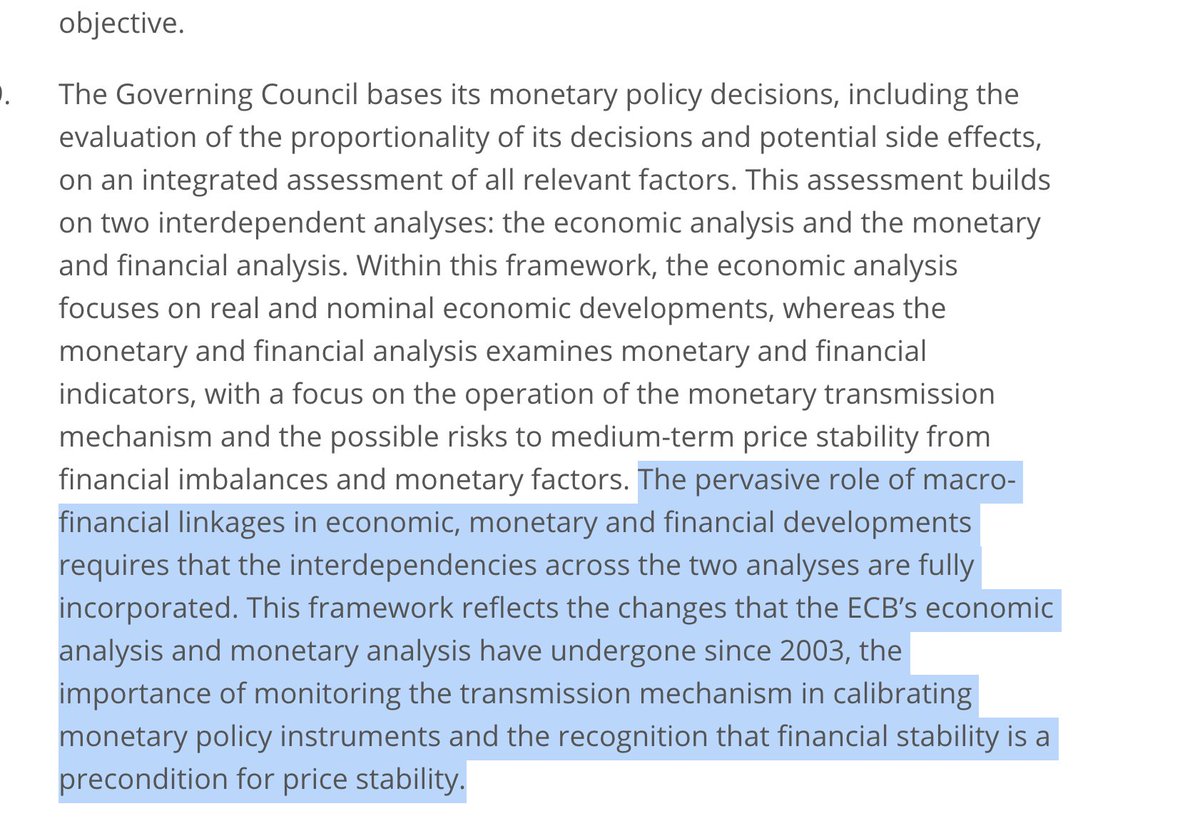
Spain's Social Democrats asking Cuba to push on with 'structural reform' as if:
1. we dont know how that went in Europe
2. it's not the very pro-market reforms that are fomenting inequality and social tensions against background of tighter US blockade
1. we dont know how that went in Europe
2. it's not the very pro-market reforms that are fomenting inequality and social tensions against background of tighter US blockade
https://twitter.com/el_pais/status/1414901706782040071
Under Diaz-Canel, Cuba has implemented gradual but substantive Washington Consensus:
weakened social safety net (la libreta, comedores en empresas), pushed price liberalisation, unified currencies, allowed more private sector activity, prioritised foreign currency shops
weakened social safety net (la libreta, comedores en empresas), pushed price liberalisation, unified currencies, allowed more private sector activity, prioritised foreign currency shops
some of these measures make sense if you're living under the mother of all balance of payment constraints.
but we know from Eastern Europe that such measures exacerbate inequality dramatically.
pretending otherwise is silly, especially from 'progressive' politicians
but we know from Eastern Europe that such measures exacerbate inequality dramatically.
pretending otherwise is silly, especially from 'progressive' politicians
Obama's Cuba policy was quite effective, in my view, in triggering an orderly transition towards market economy - whatever your views on that.
But Trump's crazy blockade, crazy because it tightened BoP constraint during pandemic times, is threatening a disorderly collapse
But Trump's crazy blockade, crazy because it tightened BoP constraint during pandemic times, is threatening a disorderly collapse
that the Biden Administration condemns Diaz Canel's handling of protests, but wont take any steps towards easing blockade for humanitarian reasons is quite shocking, but not surprising (Haiti et al)
• • •
Missing some Tweet in this thread? You can try to
force a refresh













